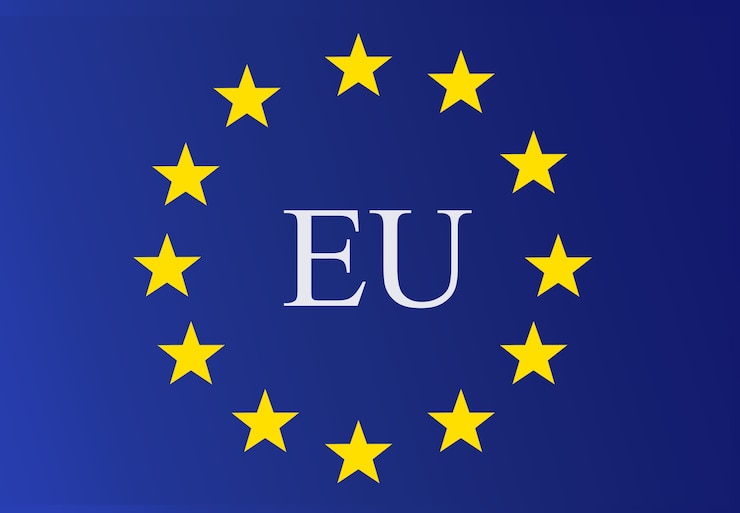
To ensure a human-centric and ethical development of Artificial Intelligence (AI) in Europe, MEPs endorsed new transparency and risk-management rules for AI systems.
On Thursday, the Internal Market Committee and the Civil Liberties Committee adopted a draft negotiating mandate on the first ever rules for Artificial Intelligence with 84 votes in favour, 7 against and 12 abstentions. In their amendments to the Commission's proposal, MEPs aim to ensure that AI systems are overseen by people, are safe, transparent, traceable, non-discriminatory, and environmentally friendly. They also want to have a uniform definition for AI designed to be technology-neutral, so that it can apply to the AI systems of today and tomorrow.

The rules follow a risk-based approach and establish obligations for providers and users depending on the level of risk the AI can generate. AI systems with an unacceptable level of risk to people’s safety would be strictly prohibited, including systems that deploy subliminal or purposefully manipulative techniques, exploit people’s vulnerabilities or are used for social scoring (classifying people based on their social behaviour, socio-economic status, personal characteristics).
MEPs substantially amended the list to include bans on intrusive and discriminatory uses of AI systems such as:
MEPs expanded the classification of high-risk areas to include harm to people’s health, safety, fundamental rights or the environment. They also added AI systems to influence voters in political campaigns and in recommender systems used by social media platforms (with more than 45 million users under the Digital Services Act) to the high-risk list.
MEPs included obligations for providers of foundation models - a new and fast evolving development in the field of AI - who would have to guarantee robust protection of fundamental rights, health and safety and the environment, democracy and rule of law. They would need to assess and mitigate risks, comply with design, information and environmental requirements and register in the EU database.
Generative foundation models, like GPT, would have to comply with additional transparency requirements, like disclosing that the content was generated by AI, designing the model to prevent it from generating illegal content and publishing summaries of copyrighted data used for training.
To boost AI innovation, MEPs added exemptions to these rules for research activities and AI components provided under open-source licenses. The new law promotes regulatory sandboxes, or controlled environments, established by public authorities to test AI before its deployment.
MEPs want to boost citizens’ right to file complaints about AI systems and receive explanations of decisions based on high-risk AI systems that significantly impact their rights. MEPs also reformed the role of the EU AI Office, which would be tasked with monitoring how the AI rulebook is implemented.